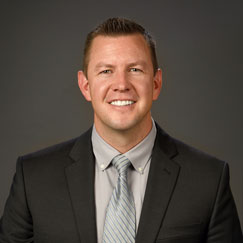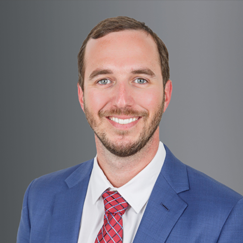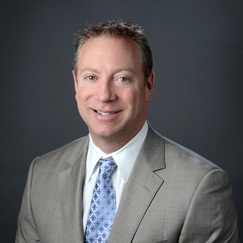You may have heard of ACL reconstruction surgery but are unsure about what it means. Or maybe you’ve been thinking about this type of injury recovery and are wondering if it is right for you. Either way, this article will cover what an ACL reconstruction is, why someone might need one, and how it works.
An ACL (anterior cruciate ligament) reconstruction is a surgical procedure to repair the anterior cruciate ligament in the knee. A tear or injury of one or both of these ligaments can be common from sports injuries, car accidents, etc. The purpose of this surgery is to reconnect the torn ACL with new tissue from another part of your body (called a graft) and to stabilize the knee joint.
What is the Anterior Cruciate Ligament?
The anterior cruciate ligament prevents your shin bone from sliding too far forward on your thigh bone, as well as preventing it from rotating or twisting inside your knee.
Who typically needs an ACL Reconstruction?
An ACL reconstruction is typically done on active people. The most common reason for having one of these surgeries is an injury. However, some may choose to go under the knife if they plan to participate in high-risk sports like skiing or football that can damage the ACL and potentially cause knee instability and arthritis. This surgery is also commonly performed on teenagers who have outgrown their initial ACL surgeries or if they have already torn one of the two ligaments in their knee multiple times.
What happens during an ACL Reconstruction?
During this surgery, your doctor will replace your torn anterior cruciate ligament with tissue from another part of your body (a graft). Your doctor will drill holes through the bones in your knee and then place the graft through the holes to hold the joint together.
After surgery, you will need to begin physical therapy right away. Your doctor may recommend crutches upon discharge from the hospital, but it is essential not to put too much weight on your knee while it’s healing. You may also need to take anti-inflammatory medications, so have a list ready of any allergies you might have to medication.
How long does it take for an ACL Reconstruction to heal?
You will most likely begin physical therapy immediately after surgery, which can take 6 – 12 weeks or longer. You will be able to walk without crutches about 2 weeks after surgery, but it may take 6 months for the full strength of your knee to return. It’s important not to rush the healing process when an ACL is torn. You can risk injuring yourself further if you are too aggressive with physical therapy or daily activities.
What risks are associated with an ACL Reconstruction?
As with all surgeries, there are some risks involved. Some of the potential risks include infection, blood clots, nerve damage or arthritis in your knee joint. You will also need to take pain medication following surgery which can cause nausea and constipation; talk to your doctor about avoiding these side effects.
Some people experience instability and weakness after surgery, but these feelings should go away as you progress through physical therapy.
About 1% of ACL reconstruction surgeries result in a meniscal tear (the lining on the inside of your knee helps cushion and lubricate your joints). This can be treated with arthroscopic surgery if it is a problem.
If you are looking for tx on Knee pain in Richardson, contact Plano Orthopedic & Sports Medicine Center. They are a full-service medical clinic that specializes in orthopedic injury examination and treatment.
Call POSMC today!
To schedule an appointment with one our specialists, contact our scheduling department at 972-250-5700 or request an appointment online.
POSMC is a full-service medical facility specializing in the evaluation and treatment of orthopedic injuries. The practice is led by a group of 12 board-certified and fellowship-trained orthopedic surgeons and a physical medicine and rehabilitation physician. Contact us today!
Dr. Randal L. Troop
Shoulder, Knee and Sports Medicine
View Bio
Dr. J Richard Evanson
Hip and Knee
View Bio
Dr. Matthew C. Comley
Shoulder, Knee and Sports Medicine
View Bio
Dr. Adam Wright
Hip and Knee
View Bio
Dr. John E. McGarry
General Orthopedics, Shoulder, Knee and Sports Medicine
View Bio





